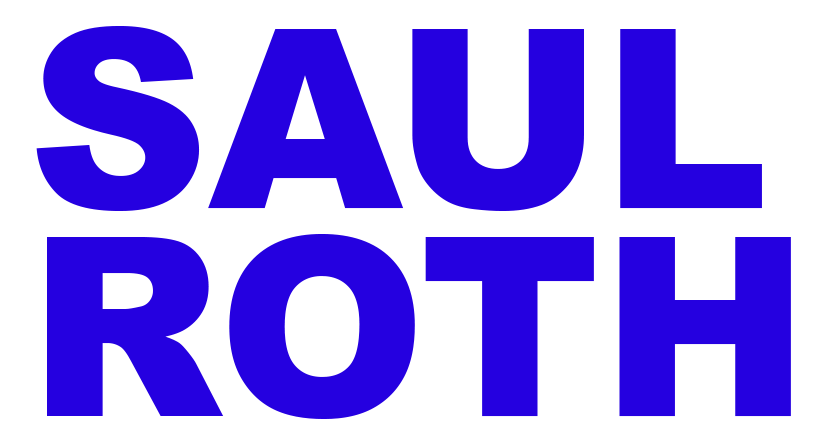
Image Credit: Pixabay
By Saul Roth
Police corruption is a serious issue that impacts the community and officer’s credibility. If not dealt with effectively, it can lead to more complex issues such as human rights violations.
Solicitation or acceptance of a bribe in exchange for not reporting organized drug rings and other illegal activities is considered police corruption. Violations include soliciting or accepting gifts from individuals who have been convicted of crimes.
Internal Affairs is a section in most major cities that investigate suspected police corruption or misconduct, including selective enforcement. The police are often involved in cover-ups to hide the department’s problems. They can be fired, but then rehired if their firing was not justly caused. The Police Commission is another group that protects officers who have done wrong from public view as well internal affairs investigations into themselves.
When police officers receive free drinks, meals and other “gratuity” offerings because they are cops- whether intentionally or unintentionally – these people convey an image that corruption has been committed.
The act of demanding or receiving payment for criminal activities to overlook possible future crimes is called “bribery.” The most common form being protection from law enforcement, ticket fixing (e.g., sports matches), altering testimony and evidence destruction which all contribute towards an overall corruption in society at large.
Theft is a serious offense, and it can occur in three ways: officer-initiated thefts from suspects or victims during busts with drugs as well taking personal property taken at the scene of a crime. Another form occurs when an individual steals items right out of their department’s evidence room–that would be considered burglary.
The topic of police corruption is a very difficult one to address, since the activities that lead towards it happening often happen in secret, and officers have little incentive for publishing information on how much corruption there really is.
The Blue Code of Silence prevents officers from reporting criminal activity by their fellow police. This can lead to corruption going unchecked and innocent people being framed for crimes they did not commit, as was the case with Frank Serpico who spoke out about rampant crookedness within New York’s Police Department.
The negative social aspect of police corruption is perhaps one that affects both political and economic systems. This arises due to how even a single corrupt officer in any department can generate an overall distrust among civilians (the Rotten Apple theory). This helps maintain an “us versus them” mentality, which then leads to other problems.
Corruption in police forces has a deeply detrimental effect on the social fabric of any given community. When officers are perceived as enemies, it becomes much more difficult for them to regain public trust and respect.
Law enforcement officers who engage in corruption not only generate distrust among the public, but also undermine their own criminal justice system. When judges and prosecutors come into contact with police officers for testimony, it can cause a negative opinion due to past disciplinary actions related to illegal activity like theft or abuse of power.
Investigation and litigation costs can be high, but departments have two options for how they want to handle these situations. They either bring in their own investigators, or use those from other squads, like county sheriff’s offices that investigate city governments as well; then there is also the option of hiring private attorneys if necessary.

Recent Comments